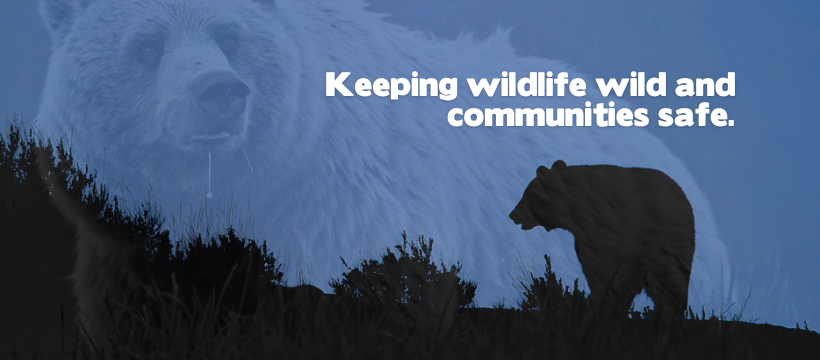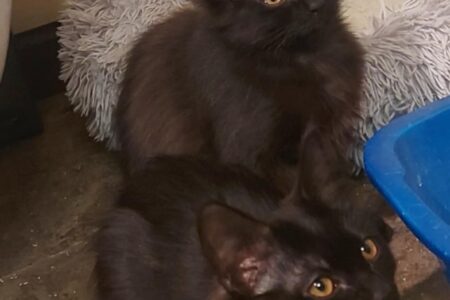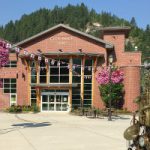The bears are back in town! (and so is WildSafeBC)
WildSafeBC Castlegar is now up and running for 2024.
WildSafeBC is the provincial leader in preventing conflict with wildlife through collaboration, education
and community solutions. It is a program managed and delivered by the BC Conservation Foundation in
communities across BC. Tara Pejski, as the WildSafeBC Coordinator for Castlegar, will be returning for
her third year to assist with:
- Door-to-door information delivery campaigns;
- Bin tagging (garbage and organics);
- WildSafe Ranger presentations to school-aged children;
- Wildlife awareness and safety presentations;
- Bear Spray workshops;
- WildSafeBC Business Pledge opportunities;
- Bare Camping Information and Support.
These activites are provided at no cost, all with the goal of helping reduce human – wildlife conflict for
the upcoming season. Tara can be contacted directly to request information, presentations, course
enrolment and/or general wildlife inquiries. WildSafeBC will also be present at many community events
so please be sure to drop by the booth or follow WildSafeBC Castlegar on Facebook for updates on local
wildlife activity.
After emerging from their winter dens in April, bears will seek out protein-rich food sources in the valley
bottoms where many communities are situated. There have already been reports of black bears in the
area and some of these bears have been observed accessing unnatural sources of food. When bears
have access to garbage and other unnatural food sources, conflict situations can develop. Bears may
become food conditioned, and/or habituated to people. Habituated bears tolerate humans in much
closer proximity than what is safe for both bears and humans. Food-conditioned bears may become very
motivated to access unnatural food sources, which can lead to property damage or increased concerns
regarding public safety. It is particularly unfortunate to see sow bears teaching cubs to forage for
unnatural food among people – potentially leading to future conflicts and shorter lives.
The most effective action we can take to keep bears wild and our communities safe is to keep all
attractants secure, including:
- Do not store garbage or other organic waste outdoors. If you have curbside collection, only put the
containers out on the morning of collection day – never the night before. Make sure recyclables
have been cleaned. - Protect fruit trees with electric fencing or pick fruit early and do not let windfall accumulate. Ensure
your compost is well-managed and does not smell. - Avoid feeding birds when bears are most active (April to November) and ensure birdfeeders are
always inaccessible to non-target species such as bears, deer, squirrels, and raccoons. Do not let
seed accumulate that may attract rats and other rodents. - Feed pets indoors and keep pets inside at night.
- Keep your barbecue clean by burning off uncooked food and emptying the grease container.
For further information on reducing human-wildlife conflict visit our website wildsafebc.com, follow
WildSafeBC Castlegar on Facebook, or contact your local Community Coordinator, Tara Pejski, at
castlegar@wildsafebc.com or 250-608-5404.
Please report sightings of bears, wolves or cougars in urban/residential areas, or wildlife in conflict, to
the Conservation Officer Service at 1-877-952-7277.























Comments